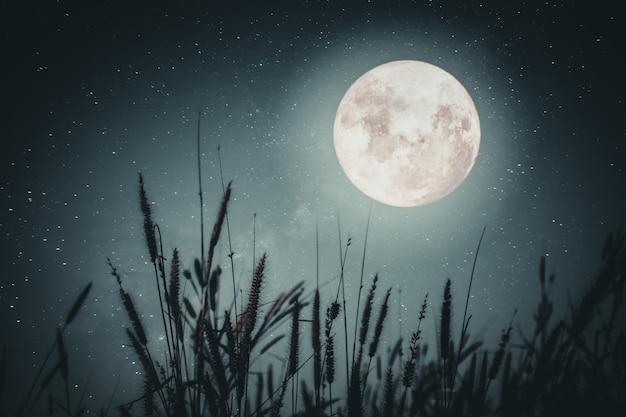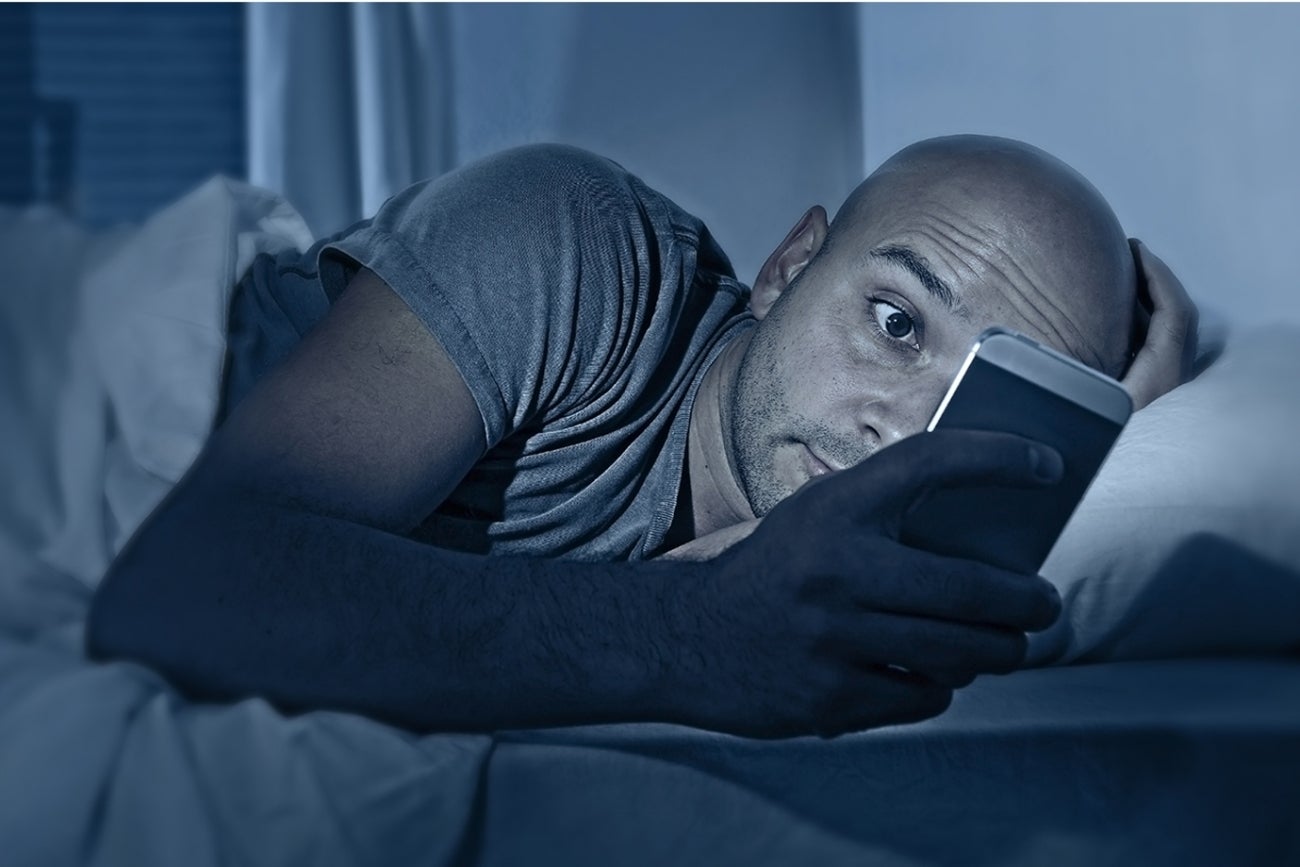If it’s a full moon, I’d rather howl at it than sleep. Actually, I’d rather sleep, but find it pretty much impossible. Agitation sets in and I’m wired for sound. Why? Is it because the moon is being pulled by the tide? Because I ate too much chocolate? Turns out, it’s just a natural function of the human body.
 I’m not alone in this sleepless misery. Many of my clients call me with the same complaints around the same time. And we’re not crazy, although the lack of sleep makes us feel like we are. A recent article in Scientific American claimed that it has to do with our instinctive nature as cavemen – when the moon was bright they had to stay awake to protect themselves from predators. It has also been found that our production of the hormone melatonin decreases during the few days before and after the full moon, causing us to get approximately 20 minutes less of sleep per night during that phase.
I’m not alone in this sleepless misery. Many of my clients call me with the same complaints around the same time. And we’re not crazy, although the lack of sleep makes us feel like we are. A recent article in Scientific American claimed that it has to do with our instinctive nature as cavemen – when the moon was bright they had to stay awake to protect themselves from predators. It has also been found that our production of the hormone melatonin decreases during the few days before and after the full moon, causing us to get approximately 20 minutes less of sleep per night during that phase.
While 20 minutes might not seem like a lot, the cumulative impact of loss of sleep can actually have a tremendous impact on our general health. It can dramatically weaken the immune system, cause weight gain and muscle loss, decreased insulin sensitivity, increased levels of the stress hormone cortisol, increased chronic inflammation, general fogginess with seriously impaired memory, accelerated tumor growth and more.
Great. And there’s nothing we can do about it? Not true. When we’re aware that we’re nearing full moon, we can develop rituals that can help us attain that much-needed sleep. Drinking chamomile tea can relax the body. Eating dark, raw cherries (organic if possible) promotes more melatonin production. During the three days prior to the full moon, go to bed 20 minutes earlier than usual, even if you cannot fall asleep immediately. Relax and deep breathe until you find yourself drifting. Avoid caffeine and other stimulants after 2 p.m. Shut off your electronic devices at least 60 minutes prior to bedtime. The EMFs (electromagnetic fields) from these can cause agitation, headaches and lack of sleep without the full moon, so reducing exposure to these nightly before bed is a good idea. A hot bath just prior to bed can relax the body, especially if you add mineral salts and a few drops of lavender essential oil. Write everything on your mind down (important ideas or thoughts you don’t want to forget) so you don’t have to let it worry you through the night. Read a book (just not on a screen!) until your eyes close. If your room isn’t pitch dark, consider using a sleep mask so your pineal gland won’t be stimulated by light and cause you to stay awake or awaken earlier than you wish.
It just doesn’t matter how faithful you are to consuming a healthy, organic, plant-based diet, including fermented vegetables, and juicing raw vegetables and fruits, if you don’t get enough sleep. A good diet certainly will have a huge effect on your health as well, providing your body with some of the necessary nutrients to help attain restful, healing sleep.
Exercise is important, but earlier in the day is better for sleep rather than later. The increased circulation too late in the day could have the opposite effect.
What About Sleeping Pills?
Just like fake sugars without calories that cause weight gain, the body is intelligent and doesn’t want to be tricked by a sleeping pill making your brain think it’s helping you sleep. You might fall asleep 10 minutes faster than you would normally, but then there’s the chance that you’ll wake up with amnesia.  Not only do the pills cause restless sleep, but they also cause memory loss and pretty much cause you to remain sedated for approximately 18 hours after taking them.
Not only do the pills cause restless sleep, but they also cause memory loss and pretty much cause you to remain sedated for approximately 18 hours after taking them.
Is your bedroom a sanctuary mainly for sleeping? Or is it an entertainment den filled with electronics? Do you keep your room cool at night? Sleep studies have proven that sleep is more easily attained in a room that is no higher than 68 degrees, and is even better closer to 60.
These factors and more contribute to restful versus restless sleep. So when you find yourself suffering from all the ill effects of sleep deprivation, turn your attention to your environment and your diet. Sleep is an important factor in your health, and wellness should always come first!
